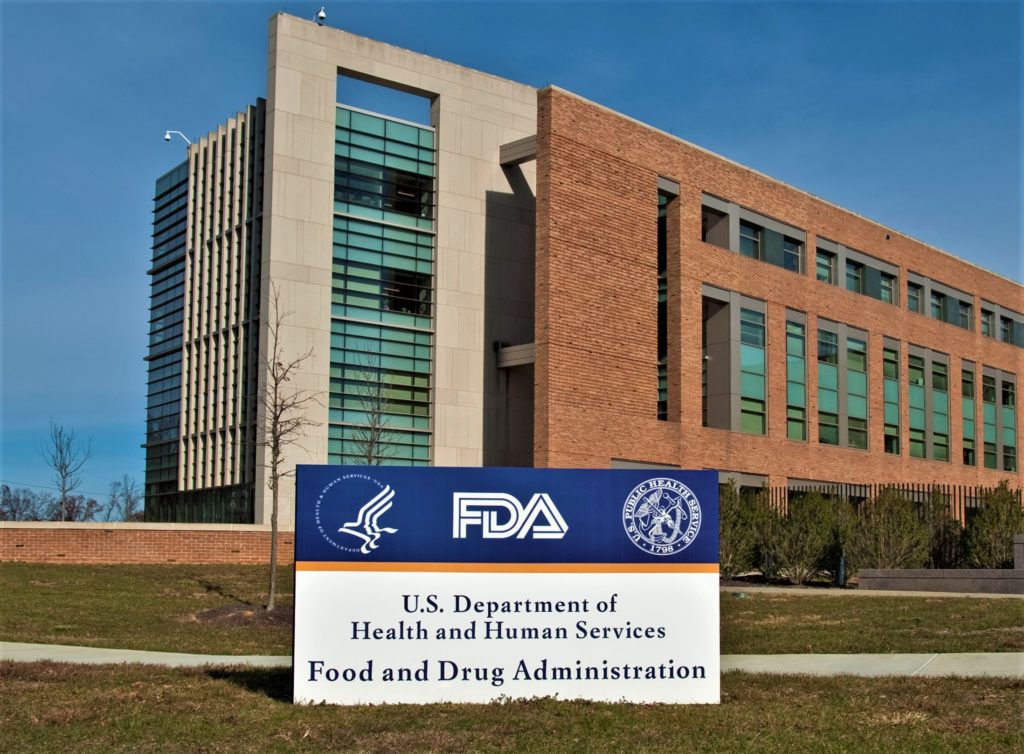
From the News
FDA must meet the urgency of the moment and embrace needed reform
Shockwaves reverberated across the country when baby formula disappeared from supermarket and drugstore shelves, leaving Americans to wonder how the supply challenges of such a vital product — with so few viable alternatives — could be missed by FDA. No one expects FDA to be a supply chain expert, nor should it compromise safety. Further, the agency didn’t create the supply chain issues that led to initial formula shortages. But we must ask, would a modernized, restructured FDA have been in better position to handle the situation?
If baby formula were a prescription drug, this may not have happened. On the drug side of the agency, regulatory requirements offer detailed visibility into pharmaceutical supply chains, providing FDA with information to proactively prevent product shortages. When there are problems at a pharmaceutical manufacturer, the inspection arm of the agency and the Center for Drug Evaluation and Research can easily work with the industry to locate and launch alternative production. But the food program’s disjointed structure and governance doesn’t allow as efficient coordination in similar situations related to food products, making it more difficult to prevent potential shortages when recalls of specialty products, such as infant formula, occur.
Shortages are one potential consequence of the agency’s siloed oversight of food and cosmetics. The time to consider streamlining and modernizing the agency has long since run out. The FDA can and must make critical changes now or risk leaving more essential products short and consumers in the lurch.
Read more in The Hill.
Published on September 19, 2022




